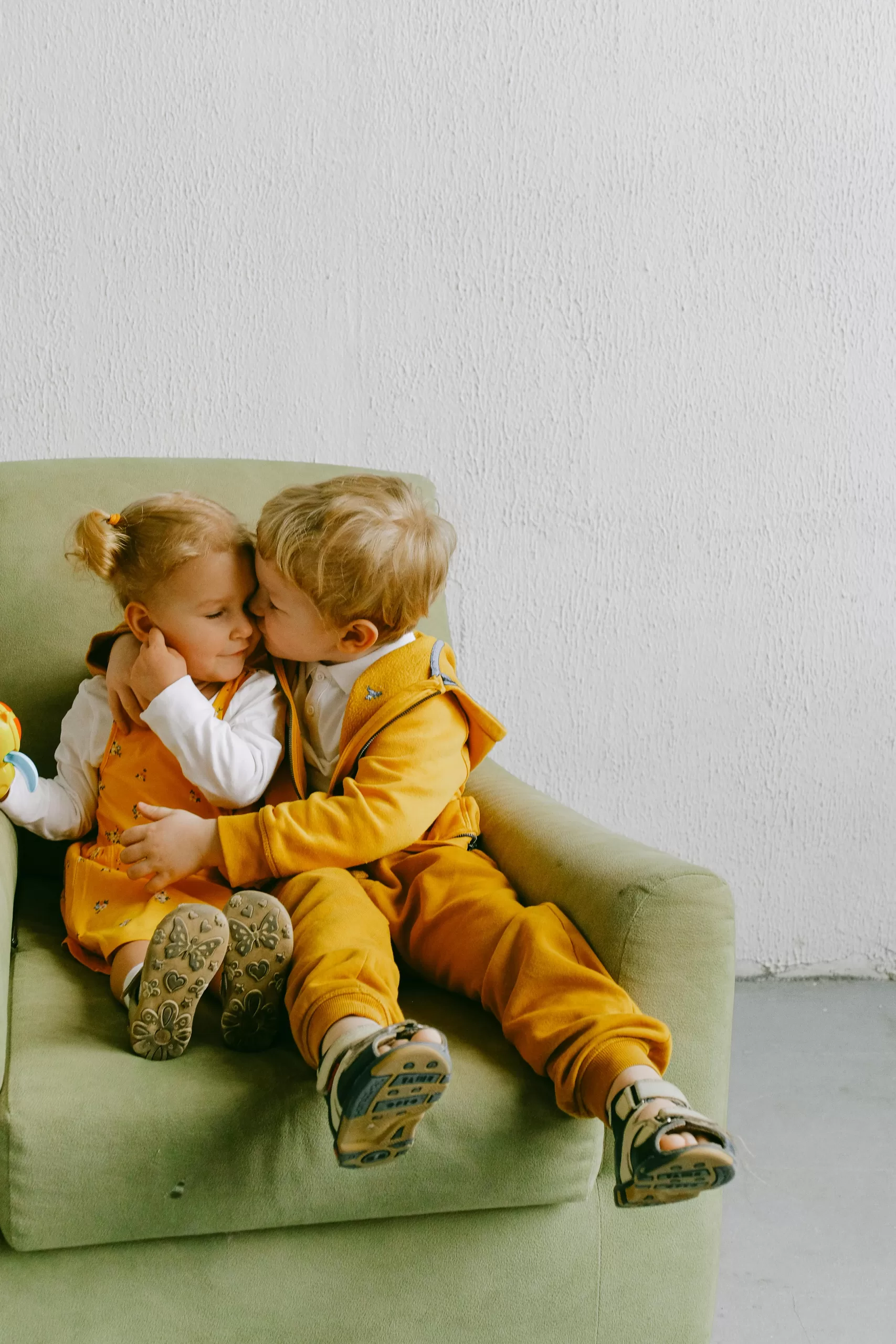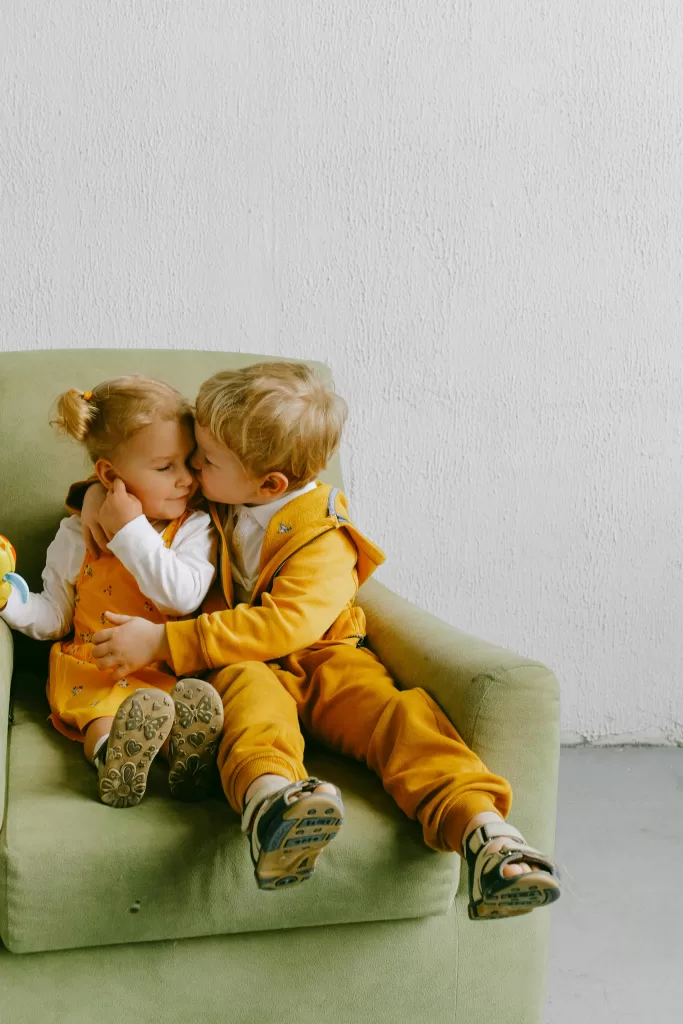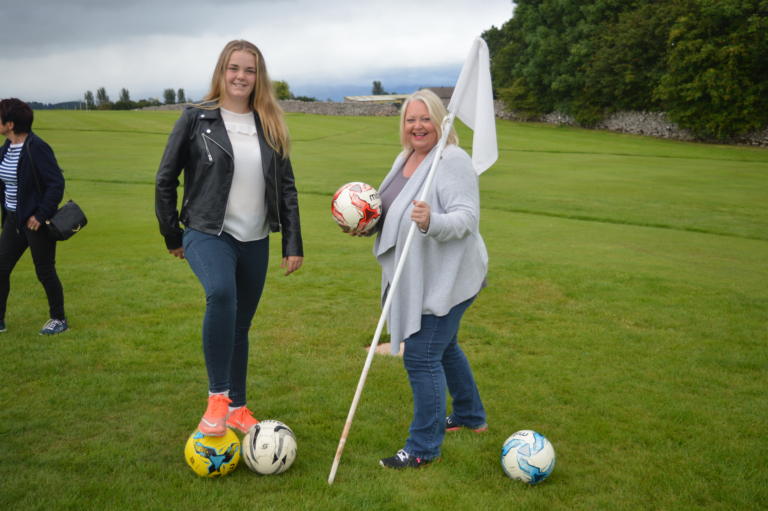How To Support Siblings In Relocation, Divorce And Foster Care
Major life changes like relocation, divorce, and entering foster care can be challenging and unsettling times for families, especially for siblings. While adults are often focused on logistics and their own emotions, the sibling relationship is affected, too. Siblings can be each other’s closest allies or fiercest rivals, but in times of upheaval, they need extra support to stay connected. With care and intention, parents and caregivers can help siblings navigate these transitions together.
How To Support Siblings In Relocation, Divorce And Foster Care
Relocation
Moving to a new home and new school is disruptive for kids. Siblings may react differently to the change – one may be eager for adventure while another is anxious. Make a move a team effort by having siblings pack together and let them choose design elements for their new shared bedroom, like wall colours. Set aside special one-on-one time with each child to talk through their emotions. Emphasise that while things are changing, their sibling relationship remains constant.
Help them stay in touch with friends through video calls. Enrol them in local activities where they can make new social connections together. Consider letting one sibling start their new school a few days before the other so they can report back and alleviate any concerns. Recreate favourite family traditions and routines in your new location to offer continuity.
Divorce
When parents divorce, children often worry that their family is falling apart. Reassure them that while your marital relationship is changing, your love for them and their bond as siblings remains strong. Avoid putting your children in the middle by making them carry messages or demands between parents. Give them permission to love both parents. Set consistent household routines in each home and keep communication open.
Siblings may process emotions differently – one may act out while another withdraws. Address each child’s needs individually while also spending time together as a family unit. Shared activities like game nights, bike rides, or volunteering in the community can keep siblings feeling connected. Consider joint counselling sessions to help siblings support each other. Respect their privacy by not oversharing details about the divorce.
Foster Care
Entering foster care and being placed with a new family can be scary for some children. However, when a carer is fostering siblings, enabling them to stay together, they can draw comfort from their built-in support system. Foster carers should honour the existing sibling bond. Set aside regular quality time for the whole sibling group, as well as one-on-one outings for each child. Help them communicate their emotions and be patient as trust develops.
Maintain connections with extended biological family when possible. Support their shared identity and history while also making them feel included in traditions and milestones with their new foster family. Meet each child’s individual needs while promoting their relationship as siblings. Provide emotionally safe spaces for them to play and bond in their new home. Respect their privacy by not forcing them to retell traumatic events.
Keeping Relationships Strong
Major family transitions are challenging for kids, but siblings can turn to each other for stability amidst the chaos. Foster open communication, spend individual time with each child, maintain routines, and nurture their sibling bond through shared activities. With validation and support from caring adults, siblings can develop resilience and coping skills together as they navigate changes and new chapters of their lives.
The strength of their relationship can help them create constancy under shifting circumstances. Make sure to prioritise emotional security and their sense of belonging within the family unit. Also, be transparent about changes while emphasising the permanence of sibling bonds.









